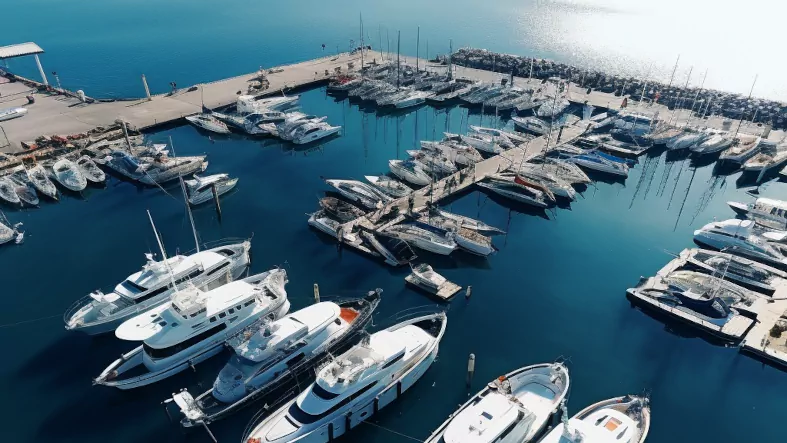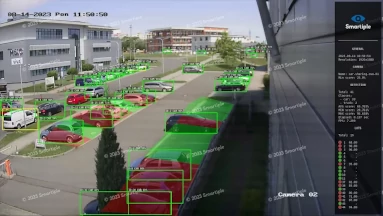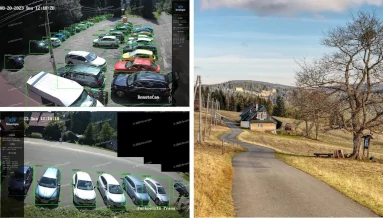The Challenge of Finding Boat Parking in Modern Ports

Navigating the waters is an age-old skill, but finding a parking spot for your boat in a busy harbor can be a modern-day challenge. Unlike cars, boats are harder to maneuver, making the hunt for an available berth even more difficult. In this article, we delve into the issues surrounding poor boat parking information in ports and explore the innovative solutions on the horizon.
The Problem: Lack of Information
Many of today’s ports, despite their importance in a world of “Smart Cities”, still lack real-time updates on berth availability. Boat owners often sail into a harbor without any clear knowledge of where they can dock. The lack of precise occupancy detection can lead to unnecessary circling, waiting, and frustration.
Why Boats Can’t Just ‘Park’
With cars, finding parking is a matter of steering into an empty slot. Boats, on the other hand, require careful coordination and handling. Their size, the effect of currents, and wind make docking a delicate operation. This intricacy is heightened when the boat owner is unsure about available berthing spaces.
A Digital Solution: Smart Ports with AI
Enter the concept of “Smart Ports” and “Boat Occupancy Detection”. By implementing smart parking systems, ports can now provide accurate, real-time data about free and occupied spots. This not only helps sailors but also the port management in efficient berth allocation.
Billing Benefits
Another significant advantage of these advanced occupancy detection systems is the accurate measurement of parking durations. Ports can bill boat owners based on the exact time their vessels occupy a spot, ensuring fairness and transparency in charging.
Navigation via Mobile Apps and Digital Signs
Through mobile applications tailored for sailors, boat owners can now find available berths without the guesswork. These apps, powered by AI, can give real-time updates, ensuring the sailor can navigate directly to an open spot. Additionally, large digital boards installed in strategic locations in the harbor can provide visual guidance, showing available berthing spaces at a glance.
Conclusion: Embracing the Future of Smart Harbours
As the world moves towards smarter solutions for cities, our ports must not be left behind. With advancements like “Smart Parking Solution” and “Occupancy Detection” powered by AI, the future of easy and efficient boat parking looks promising. Embracing these changes will lead to happier sailors, more efficient harbors, and a smoother maritime experience for everyone.


